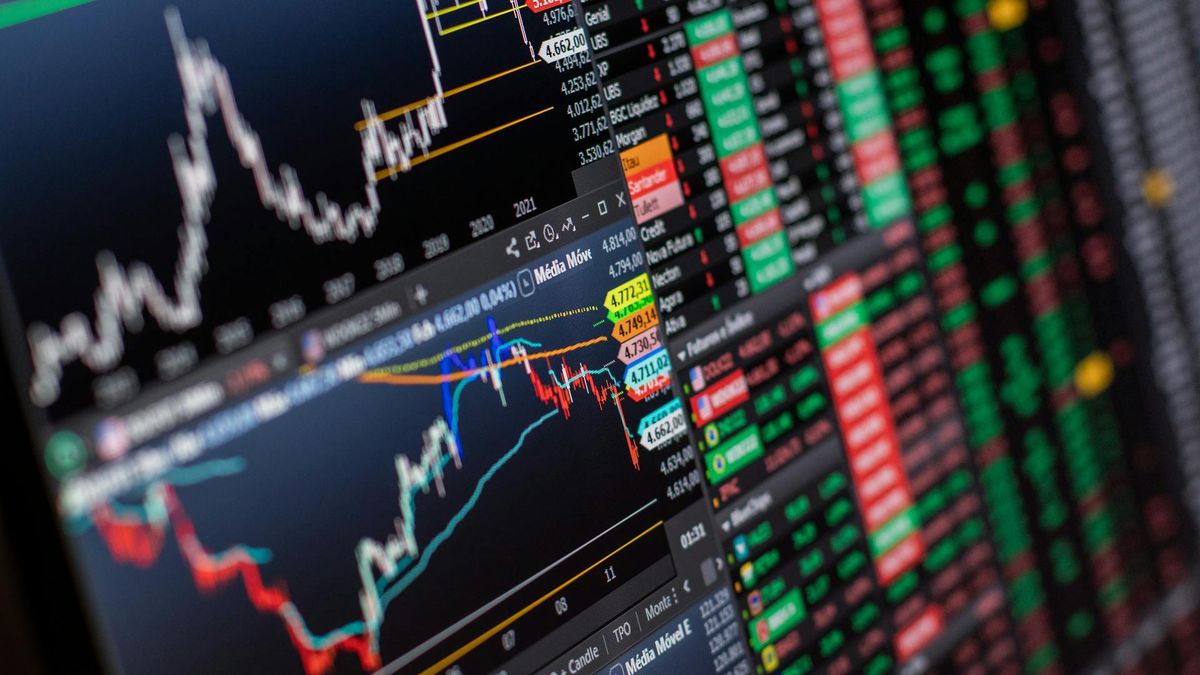Analysts weigh in on the future of Argentina amid speculation about the uncertain outcome of a presidential election that will take place in a few weeks, at a time when the economic tensions They gain ground and promote coverage in the face of a challenging future.
The triumph of Javier Milei In the primary elections (PASO) that were held in August, the Minister of Economy and official presidential candidate, Sergio Massa, and the center-right coalition led by Patricia Bullrich were almost on equal terms.
A recent survey placed Milei, which seeks to dollarize the economy and eliminate the central bank (BCRA), as the main candidate to win the elections, closely followed by Massa and Bullrich in third place.
Dollarization: why it raises doubts
“The dollarization became the ‘workhorse’ of the campaign Javier Milei, and it continues to be a source of uncertainty to the market. Beyond the costs and benefits of eliminating weight, the main complication that this vision faces is that net reserves of the Central Bank are negative by more than US$4 billion, while monetary liabilities total US$34.5 billion at the ‘cash with liqui’ (CCL) exchange rate,” said GMA Capital Research.
“To the growing macroeconomic tensions with inflation already in 2 digits per month is added the Milei effect, where the candidate with the most votes says be ‘pro market’, but the market has serious doubts about the economic and political viability of its dollarization/currency competition plan,” said Roberto Geretto, an economist at Fundcorp.
“Despite Milei’s victory in the PASO and his “pro-market” ideas, the investors punish the low probability of success of the execution of its measures. Even if he obtains a favorable result in October, the legislative muscle will be poor and will not have governors, making difficult the great fiscal adjustment and the reform agenda that the country requires,” estimated Portfolio Personal Inversiones.
“Operators are no longer only concerned about electoral scenario that was opened from the result of ‘three thirds’ of the PASO but also the political map that could be left by the general elections. This must be achieved governance and the ability to generate political consensus would be essential in seeking to address and implement any plan that urgently aims to correct the serious economic imbalances,” said economist Gustavo Ber.
Dollar: the Milei effect and the tension in the market
“If doubts continue, the closer the perception is dollarization plan, further there will be tension in the market“, forecast.
“A stabilization program is a necessary condition to begin put the BCRA’s balance sheet back on trackcorrect the distortion of relative prices, the exchange gap and establish a credible anchor that cuts inertia and reduces inflation,” estimated the consulting firm EcoGo. “For this, a fiscal consolidation that brings the issuance of pesos to zero to finance the treasury and allows the reestablishment of a interest rate in dollars of the economy that allows the rollover of debt maturities in dollars that start in 2025,” he added.
“We must consider that if the ruling party manages to enter a potential runoff, then politically it is unlikely that there will be a new exchange rate jump between October and November, but rather we should see new tax devaluations (“agro dollar”),” said clearing and settlement agent Neix.
Milei Dollars Dollarization.jpg
Tension in the market: in search of coverage
“The local market acts as an exchange hedging mechanism in a framework of a ‘locked’ economy (with exchange controls). Given the rigidities imposed to buy dollars, the market turns to Actions to cover the nominal uncertainty“Delphos Investment said.
“By after the runoff there would no longer be incentives to maintain a official dollar behind with respect to the inflation of recent months, aggravating the negative incentives given the gap and considering a new review of goals by the IMF,” said Neix.
“He official exchange rate backward is one of the factors that contributes to economic instability. An orderly and realistic readjustment of the exchange rate is necessary to restore the competitiveness of the economy in international markets,” said Marcelo Trovato of Stock Market Forecast.
“This can be a delicate process, but it is essential to align internal and external prices and encourage investment and commerce,” he added.
Source: Ambito




